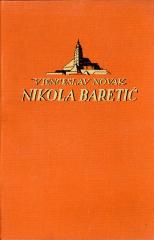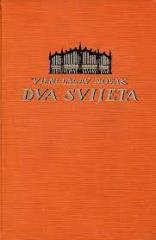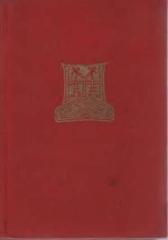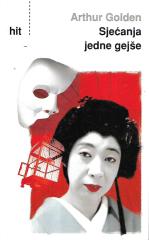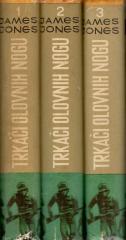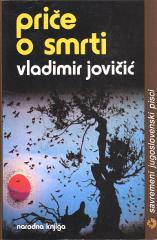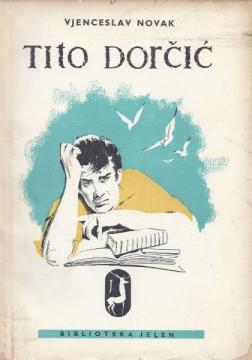
Tito Dorčić
A psychological-social novel about the inner struggle of a young man torn between personal desires and social expectations. Tito is the son of a wealthy, but spiritually cold and alienated patrician family, and grows up without maternal warmth and emotion
Tito is educated in Zadar, where he begins to question his identity and life path. The encounter with a different world, especially with ordinary people and their struggles, leaves a strong impression on him. However, his father expects him to take over the family honor and status, which Tito feels like a burden. He oscillates between the desire for freedom and individuality and the sense of duty and belonging to a higher social class.
The novel shows how social norms and expectations can stifle an individual. Tito ultimately experiences an inner breakdown – he fails to find a balance between the two worlds. His tragedy lies in his inability to build his own identity in a world in which he does not feel a sense of belonging.
The work is a strong criticism of conservative bourgeois society of the 19th century, with pronounced psychological analyses and realistic descriptions. Novak skillfully depicts social injustice, differences between classes, and the psychological consequences of the pressures that society places on the individual.
One copy is available
